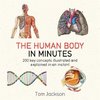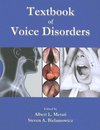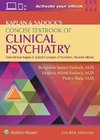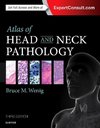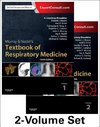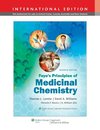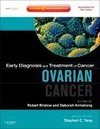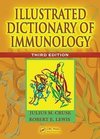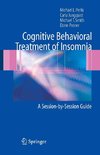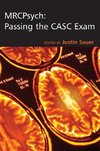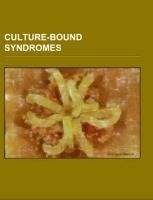
-
 Anglický jazyk
Anglický jazyk
Culture-bound syndromes
Autor: Source: Wikipedia
Source: Wikipedia. Pages: 73. Chapters: Anorexia mirabilis, Anorexia nervosa, Ataque de nervios, Brain fag, Bulimia nervosa, Clinical lycanthropy, Corpse powder, Cotard delusion, Couvade syndrome, Culture-bound syndrome, Dhat syndrome, Dorian Gray syndrome,... Viac o knihe
Na objednávku
21.06 €
bežná cena: 23.40 €
O knihe
Source: Wikipedia. Pages: 73. Chapters: Anorexia mirabilis, Anorexia nervosa, Ataque de nervios, Brain fag, Bulimia nervosa, Clinical lycanthropy, Corpse powder, Cotard delusion, Couvade syndrome, Culture-bound syndrome, Dhat syndrome, Dorian Gray syndrome, Exercise bulimia, Falling-out, Fan death, Ghost sickness, Glass delusion, Grisi siknis, Hikikomori, Homosexual panic, Hwabyeong, Hypergymnasia, Iich'aa, Ingestive behaviors, Jerusalem syndrome, Jumping Frenchmen of Maine, Juramentado, Karoshi, Koro (medicine), Kundalini syndrome, Latah, Muscle dysmorphia, New World Syndrome, Opsophagos, Orthorexia nervosa, Paraphrenia, Paris syndrome, Pasma, Piblokto, Pro-ana, Retired husband syndrome, Running amok, Scrupulosity, Smilorexia, Sudden unexpected death syndrome, Susto, Suudu, Taijin kyofusho, Usog, Wannarexia, Wendigo, Zou huo ru mo (medicine). Excerpt: Anorexia nervosa is an eating disorder characterized by immoderate food restriction and irrational fear of gaining weight, as well as a distorted body self-perception. It typically involves excessive weight loss and is usually found more in females than in males. Because the fear of gaining weight, people with this disorder restrict the amount of food they consume. This restriction of food intake causes metabolic and hormonal disorders. Outside of medical literature, the terms anorexia nervosa and anorexia are often used interchangeably; however, anorexia is simply a medical term for lack of appetite, and people with anorexia nervosa do not in fact, lose their appetites. Patients suffering from anorexia nervosa may experience dizziness, headaches, drowsiness and a lack of energy. Anorexia nervosa is characterized by low body weight, inappropriate eating habits, obsession with having a thin figure, and the fear of gaining weight. It is often coupled with a distorted self image which may be maintained by various cognitive biases that alter how the affected individual evaluates and thinks about her or his body, food and eating. Those suffering from anorexia often view themselves as "too fat" even if they are already underweight. They may practice repetitive weighing, measuring, and mirror gazing, alongside other obsessive actions to make sure they are still thin, a common practice known as "body checking". Anorexia nervosa most often has its onset in adolescence and is more prevalent among adolescent females than adolescent males. However, more recent studies show the onset age has decreased from an average of 13 to 17 years of age to 9 to 12. While it can affect men and women of any age, race, and socioeconomic and cultural background, anorexia nervosa occurs in ten times more females than males. People with anorexia nervosa continue to feel hunger, but they deny themselves all but very small quantities of food. The average caloric intake of a person with anorexia ner
- Vydavateľstvo: Books LLC, Reference Series
- Rok vydania: 2014
- Formát: Paperback
- Rozmer: 246 x 189 mm
- Jazyk: Anglický jazyk
- ISBN: 9781234590659
